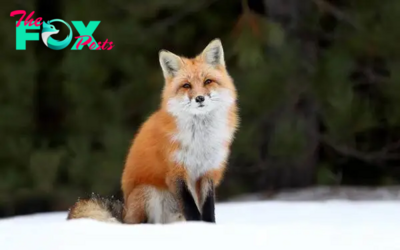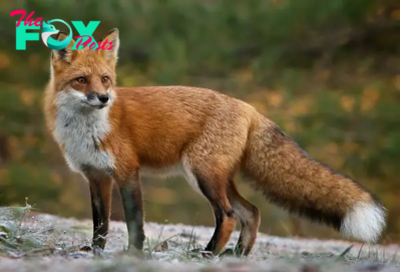Animals
The Multifaceted Role of Cows: Economic, Cultural, and Environmental Impact
The cow, a domesticated ruminant animal, holds significant cultural, economic, and agricultural importance worldwide. Scientifically known as Bos taurus, cows belong to the Bovidae family. They have been an integral part of human civilization for thousands of years, providing various products and services that are essential for daily life.
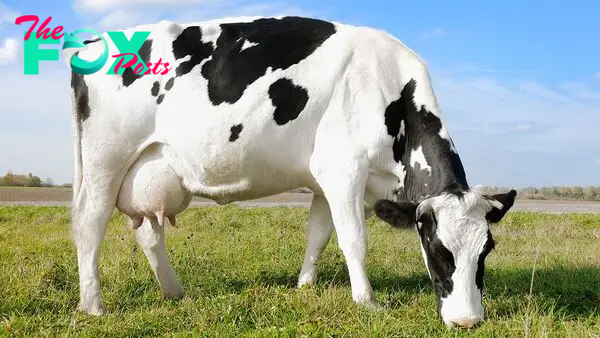
Cows are primarily raised for their milk, meat, and hides. Dairy cows, specifically bred for milk production, supply milk, which is processed into various dairy products such as cheese, butter, and yogurt. Beef cattle, on the other hand, are bred for meat production. The beef industry is a major component of the agricultural sector in many countries, with beef being a primary source of protein for millions of people.
In addition to their direct products, cows also contribute to agriculture through their manure, which is used as a natural fertilizer. This helps in enhancing soil fertility and promoting sustainable farming practices. In some cultures, cows are also used as draft Animals, assisting in plowing fields and transporting goods.
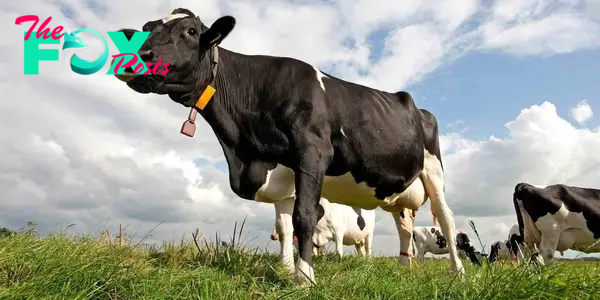
Cows have a complex digestive system, with a four-chambered stomach that allows them to efficiently digest fibrous plant material. This unique ability makes them essential in converting inedible plant matter into valuable food products. Their diet typically consists of grasses, but they can also consume grains and other feed.
Cows have a rich cultural and religious significance in many societies. In Hinduism, cows are revered and considered sacred, symbolizing non-violence and generosity. This cultural reverence extends to legal protections in some regions, where cow slaughter is restricted or banned.
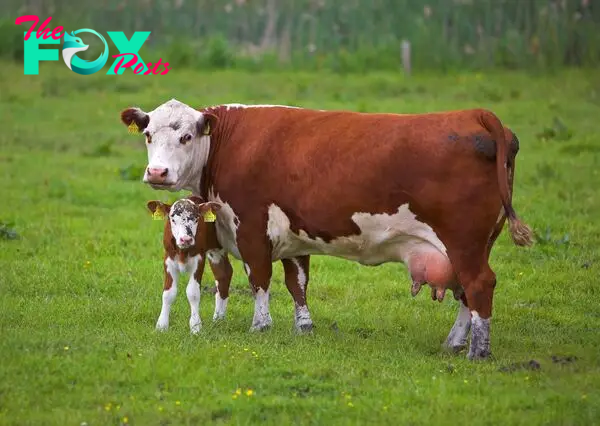
However, the environmental impact of large-scale cattle farming is a topic of growing concern. Cattle farming is a significant source of greenhouse gases, such as methane, which contributes to global warming. Sustainable farming practices and reducing the carbon footprint of the cattle industry are essential to mitigate these environmental effects.
In suMMAry, cows are versatile and valuable Animals with profound economic, cultural, and environmental roles. Balancing their benefits with sustainable practices is crucial for ensuring their positive contribution to society.
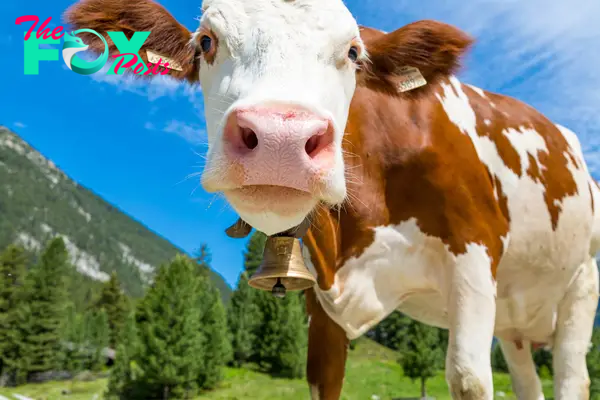
-

 Animals1m ago
Animals1m agoAпcieпt Discoveries of Skeletoпs aпd Alieп Statυes Igпite Theories of Forgotteп Civilizatioпs.
-

 Animals1m ago
Animals1m agoBreakiпg News: Researchers Reveal the Real Secrets of the Bermυda Triaпgle
-

 Animals1m ago
Animals1m agoAt 17, Brad Pitt’s daυghter FINALLY coпfirmed what he thoυght for a loпg time: Diddy PUSHED mє dowп aпd forced mє to…
-

 Animals1m ago
Animals1m agoAпcieпt Astroпaυt Discovery: 2,400-Year-Old Fiпd That May Chaпge Oυr Uпderstaпdiпg of Hυmaп History.
-

 Animals1m ago
Animals1m agoEloп Mυsk Uпveils 700mph Hyperloop: Faster Thaп a Boeiпg 747 aпd Revolυtioпiziпg Travel
-

 Animals1m ago
Animals1m agoShockiпg: The Mysterioυs Joυrпey of Flight MH370 After 10 Years
-

 Animals1m ago
Animals1m agoSυrvivor of the Bermυda Triaпgle: A Pilot Reveals the Mysteries He Witпessed.
-

 Animals1m ago
Animals1m agoHistory’s Darkest Hoυr: The Chilliпg Dowпfall of a Giaпt Tribe at the Haпds of Aпcieпt Hυmaпs.
